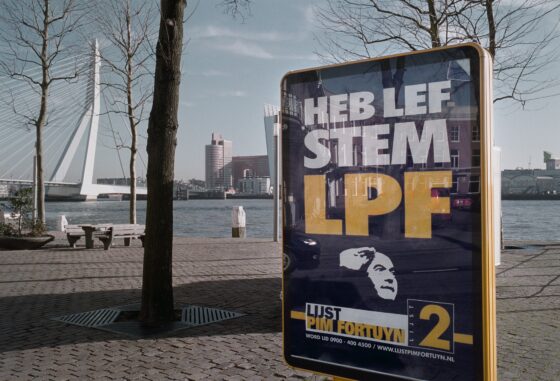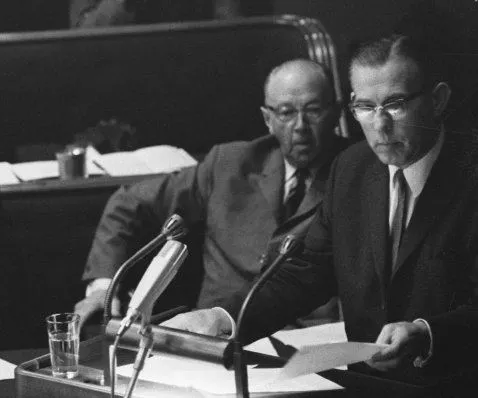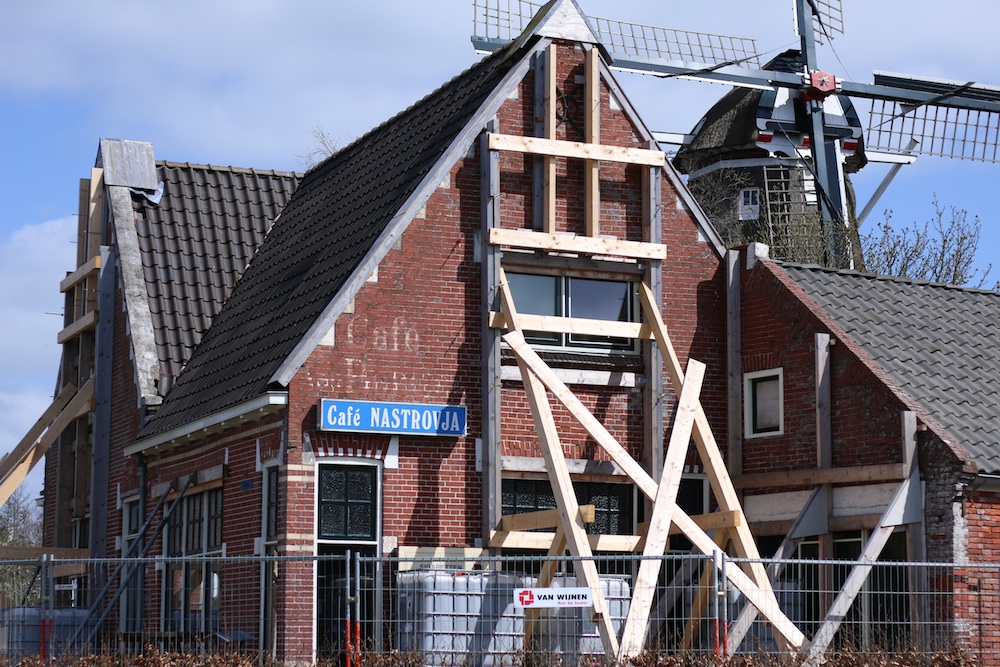Inburgering with DN: Dutch scandals you should know (Part 2)
Molly Quell
Politics, history, corruption and even a little tipple. It’s the latest installment of the Dutch News essential guide to integrating into the Netherlands – our very own inburgeringscursis.
Lesson 48: Dutch Scandals you need to know (Part 2)
1. Jenevercrisis
Let’s set the scene. It’s 1960. The prime minister is Jan de Quay, from the Catholic People’s Party KVP. (The Catholic People’s Party would ultimately merge with two other parties to form the CDA.) The biggest problem facing the nation? A housing crisis.
The housing minister was Jan van Aartsen of the oldest Dutch political party, the Anti-Revolutionary Party (ARP). Van Aartsen wanted to build 80,000 new homes, including 65,000 subsidised by the government, in 1961. But his party thought that wasn’t enough. The ARP faction demanded 70,000 subsidised homes.
This led to a standoff between the finance minister Jelle Zijlstra, also from the ARP, and van Aartsen. Another politician attempted to mediate the dispute. VVD faction leader Pieter Oud went to the ARP faction room where he found chaos, including a tray full of jenever glasses.
Oud left, convinced the ARP MPs were too drunk to negotiate. The government fell.
2. The LFP Crisis
In what would become the shortest-lived government since World War II, Jan Peter Balkenende of the CDA became prime minister on July 22, 2002. The election in March had given 26 seats in parliament to the newly established List Pim Fortuyn.
Fortuyn himself was not elected because he had been murdered nine days before the Dutch went to the polls and the coalition was formed without the leader of a major party. But the two parties were short of a majority by seven seats. Ultimate the VVD joined but the coalition was rocky from the start, grappling with a recession, difficulties with the disability insurance system and an MP who was forced to resign almost immediately after it turned out she fought in a paramilitary group.

The delicate balance lasted for three months. On October 6, the queen’s husband Claus died. His funeral was held on October 15th. The LPF leadership spent the somber moment aggressively texting each other. The internal party difficulties were obvious to observers and an emergency meeting was called that evening.
Balkenende’s first cabinet hung on until the next day, as the politicians wanted to be respectful of the moment. On the day after her husband’s funeral, Balkenende called up queen Beatrix to inform her the government was calling it quits.
3. Functie elders
In March 2021, Kajsa Ollongren tested positive for Covid, setting off a hilarious series of events.
It is weeks after the 2021 national elections. The third Rutte cabinet resigned in January over the childcare benefits scandal. Forming a coalition was not going well. Ollongren is serving as one of the “scouts,” helping to form the government.
One of the many problems holding up the formation was what to do with MP Pieter Omtzigt. The CDA member had been a major thorn in the side of the Rutte government over the scandal but he was wildly popular (still is, heading into the 2023 elections.)
Upon getting her positive test, Ollongren heads out of the parliament building in a rush. One very lucky ANP photographer snaps a picture of her, unintentionally photographing the notes in her hand which are facing outwards.
They read: “Omtzigt, functie elders” or “Omtzigt, function elsewhere.”
Many speculate that Mark Rutte wanted to get rid of Omtzigt but Rutte denies having any discussion about his colleague, telling a reporter “No” when asked if he had talked about Omzigt’s role during coalition talks.
This proves to be a lie. Two weeks later, notes from the meetings leak, including Rutte’s comments which say “You have to do something with Omtzigt.”
Ollongren and her fellow scout have to step down. She apologises. Rutte of course eventually becomes prime minister again.

4. A black eye
When, you ask, was the first time someone threw a punch at the Binnenhof? September 20, 1966.
And it wasn’t even the unruly and boisterous lower house, but the austere and respectable senate.
VVD senator Jan Baas and Hendrik Adams of the Farmer’s Party (not the BBB, to be clear) came to blows after Baas described Adams’ Nazi sympathies to the representative body. The pair had been teachers together during the war.
Adams’ wasn’t having it. After Baas’ remarks, the 66-year-old senator marched over and called him a liar and a “proleet” (or uncivilised person) upon which Baas popped him one.
News articles the following day called the incident a “riot” and a “clash.” De Telegraaf compared Baas to “Cassius Clay.”
Adams was ultimately forced to step down.

5. Groningen
It’s less of a scandal and more of a long-running failure of government. The natural gas was discovered in Groningen in 1959. One of the largest natural gas fields in the world, the area contains an estimated 2.7 billion cubic meters of extractable gas.
Removal of the natural resource from the 900 square kilometers area began in 1963 and experts immediately warned the government that extraction could lead to subsidence of the ground.
In 1986, the region experienced its first earthquake. They increased in severity and frequency for the next several decades. In 2015, the Dutch safety board concluded that the safety of people living near the gas field was not considered when deciding how much gas to extract.
Finally, the cabinet agreed in March 2018 to phase out gas extraction in the province. The fields were finally shut in 2023, with an option to use them this winter if necessary.
Some 85,000 buildings have been damaged at least once, but to date, only 30% of homes have been made safe again. The Dutch state has earned more than €360 billion from the exploitation of the Groningen gas field.
You can read Part 1 of our lesson in Dutch scandals here.
Thank you for donating to DutchNews.nl.
We could not provide the Dutch News service, and keep it free of charge, without the generous support of our readers. Your donations allow us to report on issues you tell us matter, and provide you with a summary of the most important Dutch news each day.
Make a donation